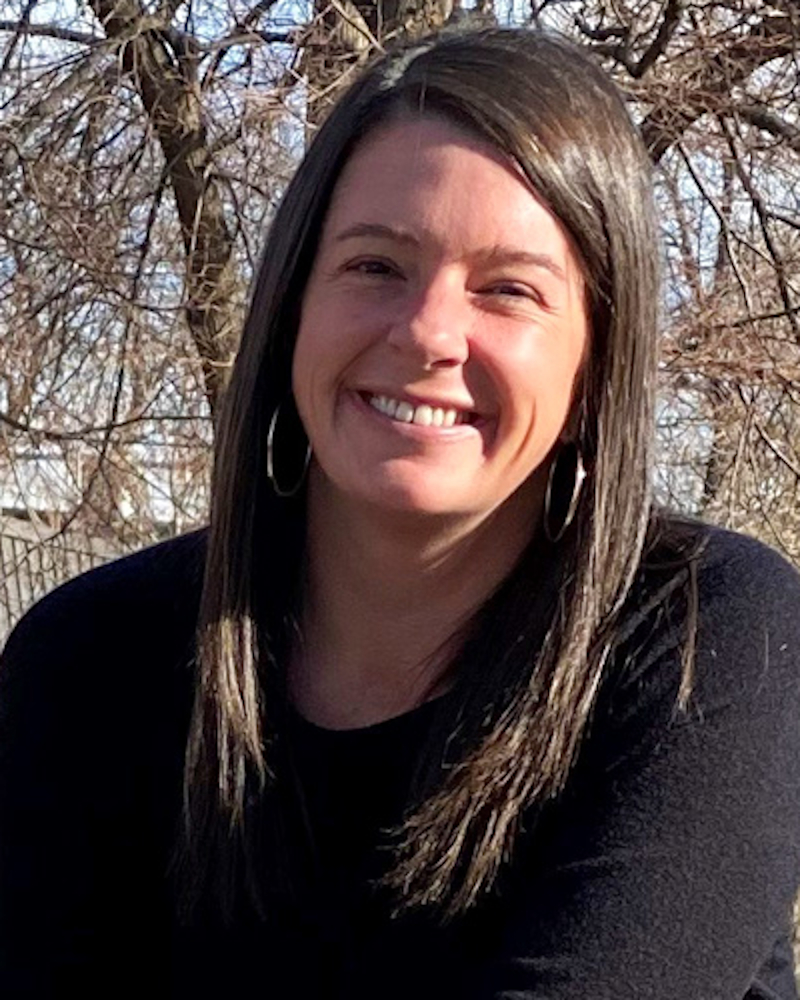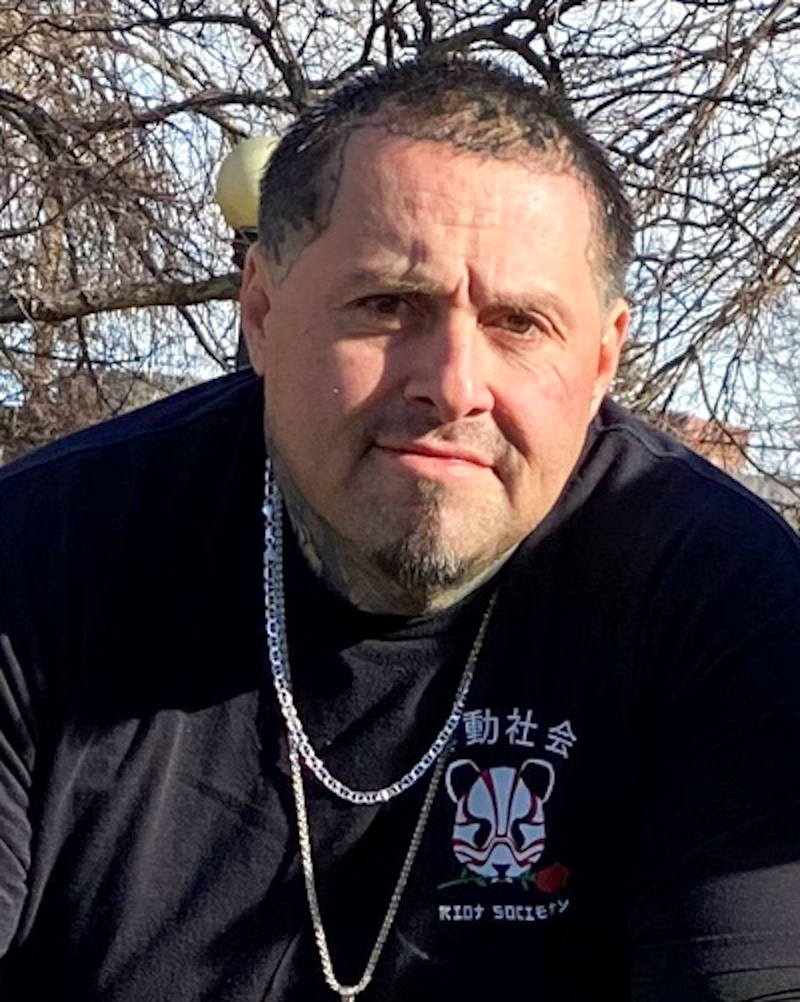With personal experience of mental health and substance misuse challenges, Melanie Stritch and Thomas Hernandez are strong advocates for changing how we think about and address these needs in our community. Listen to their very different journeys to well-being and insights on how they’re maintaining sobriety during the challenges of COVID-19.
Click the play button to hear Thomas and Melanie’s stories.

#POWERTO MAINTAIN RECOVERY
I had a moment of clarity in an Uber. I went home and said, “Dad, I’m going to drink today for the rest of the day, but tomorrow I’m going to go to a meeting and I’m never going to drink again,” and I did that. I don’t know what happened that day, but I just said, “I cannot do this anymore.” All these little signs were telling me to get sober. My dad held my hand in my first meeting, and I did it.
By the grace of God, I haven’t had a drink since that day. I maintain my personal recovery by attending 12 Step meetings and exercise. I’m also doing trauma therapy right now which is a huge treat so that I can address some of those underlying issues – but that was after I was able to learn how to live life one day at a time without alcohol.
With the extra challenges of COVID and the isolation that so many people are struggling with, there’s a bunch of things that I’ve been doing. I’m hitting meetings online. I know it’s not ideal, but we need fellowship, we need connection and we’re so lucky to have Zoom. I’m doing online yoga, I’ve gotten back into art, cooking, reading, journaling, embracing being alone and feeling the feels. Sometimes it’s good to just sit and learn how to self-soothe. Humor, humor, memes, memes, memes. I’m in three different group texts right now and all are different situations and different humor.

#POWERTO PERSEVERE
My path to sobriety has shifted a million times. I started drinking when I was 8 years old. By 11 or 12 I was using drugs. In my teens I was in a gang. Instead of being in graduation I was sitting in the Arapahoe County Jail. For years I would do good for a while and then flop out, do good and flop out. By the time I was 37, I was sick and tired of being sick and tired.
I had to figure out not just recovery, because you can’t sidestep homicidal and suicidal tendencies, you have to go see somebody about mental health with those situations. Through counseling and a recovery program, I managed to keep recovery going for two years. I thought I knew everything, but I started using again. I knew re-entry, I knew mental health, but now I had to figure out the recovery side to change my life.
As addicts and alcoholics, we lived COVID every day abusing ourselves. We live in a disease that corners us, in minds, spirit, in our hearts and in our families. It’s about creating true environment, true community, equality. The biggest thing is humility – humility for the position you’re in.